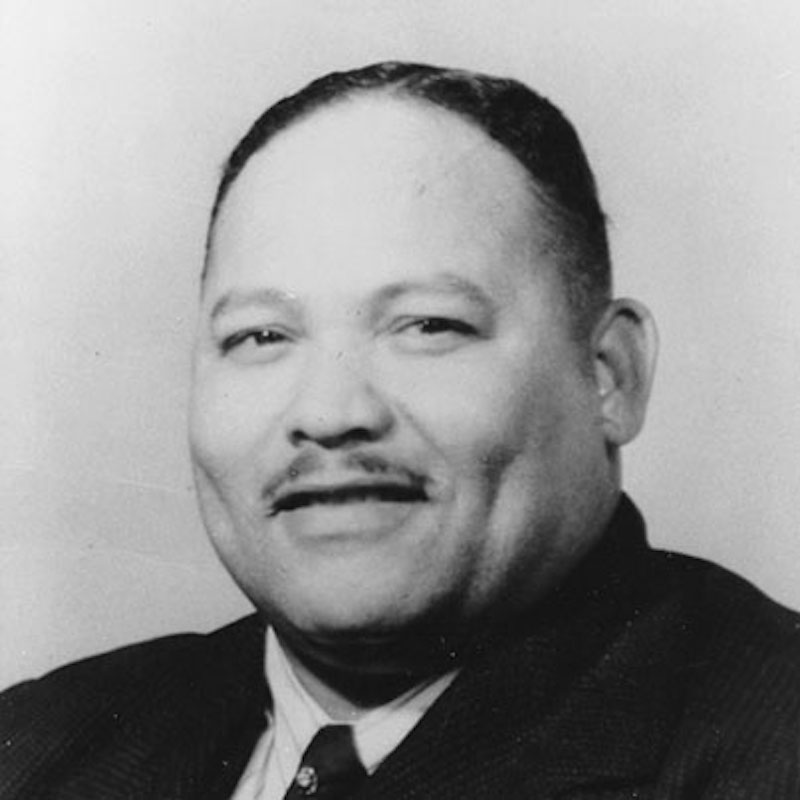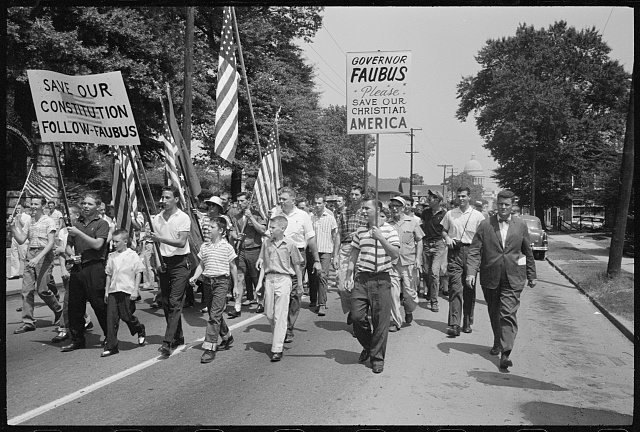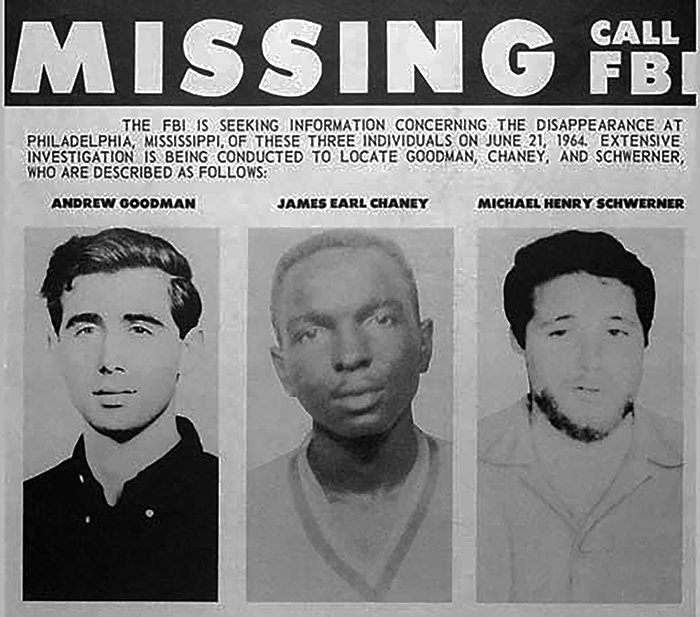On Yom Kippur, the holiest day in Judaism, Mississippi Gov. Tate Reeves announced that he was declaring Sept. 24-30 as “Christian Heritage Week” in Mississippi, citing his belief that “our state and people are blessed by an almighty God for whom we should always give thanks.”
At the Mississippi Free Press, we celebrate and aspire to tell the stories of all our people—not just the 83% who identify as Christian by faith, but also Muslim Mississippians and Jewish Mississippians and Hindu Mississippians and Buddhist Mississippians and atheist Mississippians and agnostic Mississippians and all other Mississippians.
But we aren’t averse to reckoning with our heritage. When our leaders, like Reeves and four of his predecessors, annually declare April as Confederate Heritage Month, we never shy away from telling the truth about the horrors of slavery and racial apartheid that “Confederate heritage” entailed—and the legacy of continuing oppression it left behind.
And while the governor only devotes about a quarter as much time to “Christian Heritage” as he does to “Confederate Heritage,” we can tell those stories, too. In fact, in Mississippi, Confederate and Christian heritage often overlap.

It’s no secret that the Southern Baptist Church, the largest denomination in Mississippi, began after slaveholders broke away from northern Baptists in defense of slavery, with adherents often citing the Bible to justify it.
“Our relationship to African-Americans has been hindered from the beginning by the role that slavery played in the formation of the Southern Baptist Convention; many of our Southern Baptist forbears defended the right to own slaves, and either participated in, supported, or acquiesced in the particularly inhumane nature of American slavery; and in later years Southern Baptists failed, in many cases, to support, and in some cases opposed, legitimate initiatives to secure the civil rights of African-Americans,” the Southern Baptist Convention said in an apology resolution its leaders adopted in 1995.

During the civil rights era, many white southern Christians defended segregation and bans on interracial marriage by, again, citing the Bible and claiming “God made the races separate.” But Mississippi’s Christian heritage also includes many who fought for justice.
That includes people like Rev. George Lee, who used his pulpit and printing press to fight for voting rights in Humphreys County. In May 1955, a white supremacist murdered him while he was driving down the road one night for his refusal to remove himself from the voting rolls.
Of course, it is was not only Black Christians who died for voting rights in Mississippi. In Neshoba County in the summer of 1964, white terrorists murdered two Jewish voting rights activists from New York, Andrew Goodman and Michael Schwerner, along with Jame Chaney, a Black Catholic from Meridian, Miss.

There is no single way to live, die or thrive in Mississippi, and all of our people’s stories matter. So too, does understanding our past—including the parts we should celebrate and those we must reckon with.
Please help us continue the vital work of telling the stories of all kinds of Mississippians—and telling the truth of our history in ways that neither whitewash nor diminish it—by donating to help sustain and grow our nonprofit newsroom at mfp.ms/donate.






